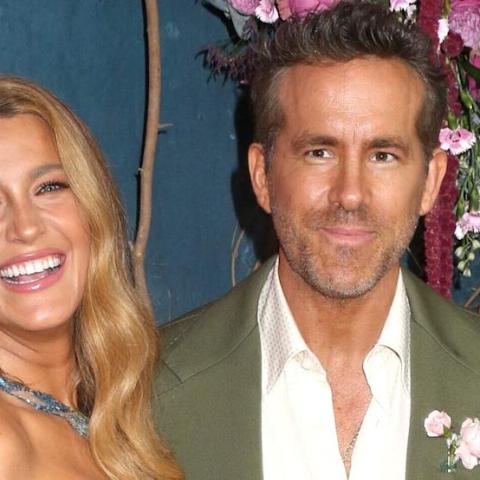Amy Sherman-Palladino, known for her hit shows like Gilmore Girls and The Marvelous Mrs. Maisel, is back with a new series on Prime Video called Étoile. This series dives into the world of ballet, following the dancers and staff at two fictional ballet companies—one in New York and the other in Paris. The plot centers around a publicity stunt where they swap talent to boost ticket sales.
In Étoile, Sherman-Palladino addresses a real problem: the decline of ballet. Major cities are slashing funding for the arts, compounded by the lasting impacts of the pandemic on ballet companies. It’s fitting that Sherman-Palladino, who briefly pursued a career in dance before turning to writing, would spotlight these challenges in her work.
The story centers on Jack, executive director of the Metropolitan Ballet Theater, and Geneviève, interim director of Le Ballet National. Both are desperate to save their companies from financial ruin. Geneviève proposes the talent swap, aiming to draw attention to both organizations and increase their visibility. However, funding this plan brings in Crispin Shamblee, a wealthy and flamboyant patron played by Simon Callow. Crispin’s questionable sources of wealth—derived from arms dealing and environmental harm—add a dark twist to his character.
Crispin is both entertaining and troubling. His charm and over-the-top antics often steal the show, but his financial contributions bring moral dilemmas into play. As audiences laugh at his antics—like showing up in spandex for a dance class—they’re also faced with the question of how to appreciate art funded by less-than-ethical sources. This tension mirrors a broader societal issue where many forms of art are supported by wealthy benefactors with troubling pasts.
With the current landscape for the arts more precarious than ever, Étoile resonates by highlighting the struggles of artists in need of support. A recent survey by the National Endowment for the Arts indicates that nearly 40% of artists experienced significant financial setbacks during the pandemic, underlining the importance of funding in the arts.
Crispin serves as a comedic foil, yet he reminds viewers of a critical reality: many workers and artists rely on funding from questionable sources to create their art. This ongoing relationship raises questions about accountability and the ethical implications of supporting the arts. As the show unfolds, the audience is left to grapple with the complexities of enjoying something that, at its core, might contradict their values.
In essence, Étoile isn’t just about dance; it reflects a balancing act between passion and principles in the arts. Whether one views Crispin as a lovable rogue or an ethical nightmare, he undeniably leaves an impact that keeps viewers engaged, illustrating the captivating—and often messy—world of art and funding today.
Source link
tv,amazon



















